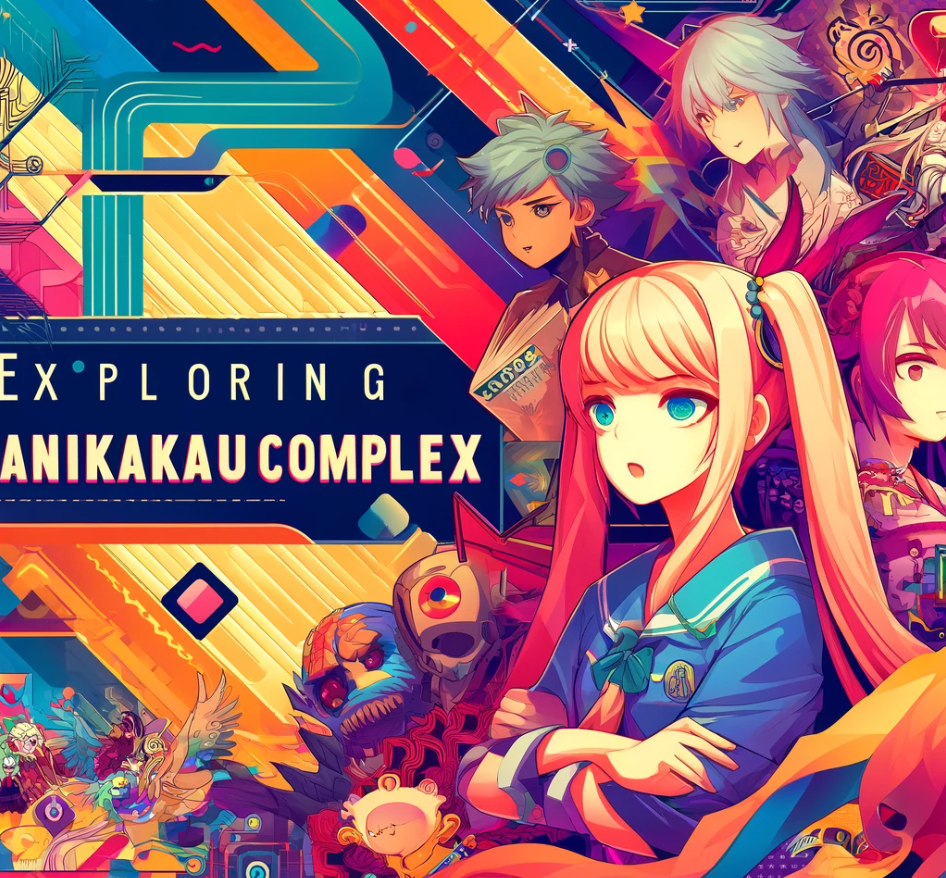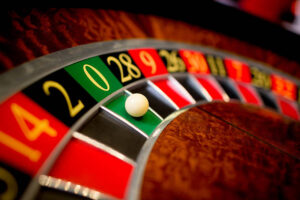
Introduction
Have you ever been involved in a triad of relationships or power dynamics in your personal, professional or organisational affairs or even on a macro level?Such types of relationships formed in triangles can be very intricate and they are called Sankaku Complex. Knowing this can help explain why such relationships are incredibly complex and how to approach them optimally.
The Origins of the Sankaku Complex
The term “Sankaku” is derived from Japanese, literally translating to “triangle. ” The origins of this term can be seen in other cultures/contexts, signifying the relationship between three constantly changing entities. In today’s world, this term is used to categorise scenarios that involve three or more people or organisations and which fundamentally alter the dynamics between them, such as the Sankaku Complex.
Psychological Underpinnings of Triangular Relationships
Underlying the whole phenomenon of the Sankaka complex, one finds simple instincts and partnership. People are not solitary creatures, thus, the presence or absence of other people has the potential to shape human behaviour. Thus, triangular relationships define specific psychological settings and conditions in which participants influence one another.
Personal Relationships and the Sankaku Complex
Love Triangles: Emotions and Conflicts
The most obvious example of the Sankaku Complex, I believe, is love triangles. It was argued that when three people are involved in a love triangle, it complicates the relationships since people get entangled emotionally. Jealousy, rivalry and competition dominate such relationships and as such, these relationships are usually filled with emotion and most often than not,conflictual.
Jealousy and Rivalry
It is very common for a person to feel jealous when he/she feels threatened by a third party in a relationship. This may create rivalry and conflict, as every personality tries to maintain his/her place in the triangle structure. All such emotions need to be recognized and resolved in order to maintain strong and healthy interactions within the relationships.
Workplace Dynamics and the Sankaku Complex
Collaboration vs. Competition
Sometimes, triangular relationships may form at the workplace among colleagues, departments or even organisations. Such dynamics make it possible to cooperate and come up with drastic and productive outcomes. However they can also foster competition that may lead to stress and conflict among individuals.
Power Dynamics and Influence
Triangular relationships are especially common in the working environment, and the use of power influences them greatly. The power is always in a state of being negotiated and maintained by each party, and this results in conflict of power. The identified dynamics should be acknowledged and effectively addressed in order to ensure that the working environment is constructive.
Social Structures and the Sankaku Complex
Influence of Key Societal Institutions
In the social realm, you can observe the Sankaku Complex between the government, media, and the people. These entities interrelate and impact one another in moulding public opinion and the law. So it is understanding these interactions that is central to grasping social relations or society as a whole.
Social Structures and the Sankaku Complex
Influence of Key Societal Institutions
A balance must therefore be struck within these triangular relationships for society to maintain its anomic functions. Inequality is not favourable as it gives rise to rebellion whereas equality for all is desirable as it yields constructive change.
Maintaining Balance and Stability
The Sankaku Complex can benefit from understanding attachment theory as it has been conceptualised by John Bowlby. Thus, in the framework of triangular states, individuals with secure attachment history will feel quite confident and stable. Nonetheless, there is a difference between people with insecure attachment styles regarding jealousy and anxiety.
Attachment Theory and the Sankaku Complex
Secure vs. Insecure Attachment
Thus, knowledge of the kind of attachment may be useful in regulating emotions and behaviours in triangular relationships. That sense can lead to healthier and more fulfilling interactions.
Impact on Relationship Dynamics
According to social exchange theory, two partners in a relationship assess their bond in terms of perceived gains or losses. In a triangular context, each of the parties tries to evaluate possible gains and losses and exercise direct influence over each other.
Social Exchange Theory in Triangular Relationships
Cost-Benefit Analysis in Relationships
It is important to maintain balanced, mutual exchanges between the three partners of the working triangle. When each partner is respected and believes he/she was treated rightfully, the connection will be happy and balanced.
Reciprocity and Equity
The systems theory approach to relationships is that systems exist and operate in a connected manner. Each element has an impact on the others and the changes caused can produce feedback which will either consolidate the relation or disrupt it. These interdependencies are fundamental in comprehending the nature of the Sankaku Complex.
Systems Theory and the Sankaku Complex
Interdependence and Feedback Loops
The ideal system approach implies complete consideration of the system and the relationships between the stakeholders. This perspective can assist in understanding when certain factions within a company are likely to clash and how to solve the problem.
Holistic Understanding of Relationship Dynamics
Jealousy and rivalry can be overcome if the individuals involved understand the triggers and actively seek ways to cope with these elements. Emotions and the identification of the same can be managed and dealt with in a manner that does not lead to conflict with the other parties involved.
Navigating Personal Triangular Relationships
Strategies for Managing Jealousy and Rivalry
Particularly in three-sided relations, clear speaking as well as truth-telling can ease the conflicts. Another way is to set rules and perspectives as well as try to understand the situation so no conflicts occur.
Conclusion
I would like to present the Sankaka complex as an interesting plot concerning diverse aspects of the triangular relation. These relationships can be in everyday social interactions, business environments or even in general society, therefore by studying them it would be easier to understand and perhaps come up with better ways of handling them. In this way, acknowledging the psychological aspects of human behaviour and using the theories studied, we can create purely effective and happy relations in all spheres of life.

























